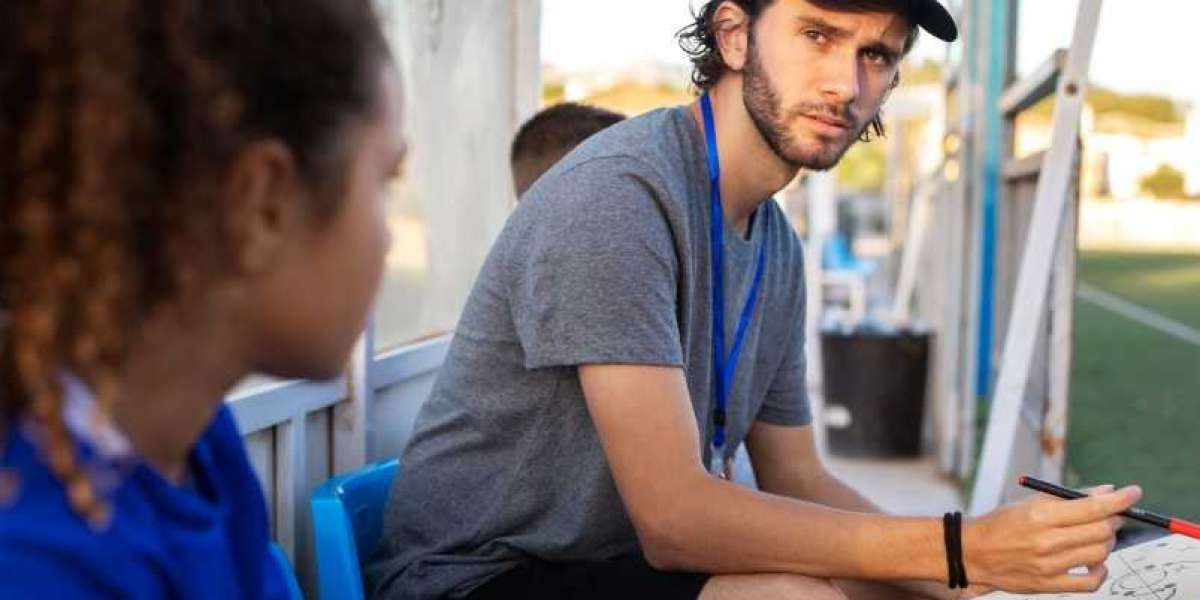When it comes to preparing for a triathlon, having a solid foundation in both physical endurance and strategic planning is crucial. Whether you're a beginner or an experienced athlete, triathlon coaching and a structured triathlon training plan are essential to achieving your personal goals and ensuring success on race day.
The Importance of Triathlon Coaching
Triathlon coaching is more than just physical training; it's about developing the right mindset, improving technique, and learning how to fuel and pace yourself during the race. A coach will tailor your training plan to meet your specific needs, focusing on areas where you need the most improvement. For example, a coach can help you improve your swim technique, boost your cycling stamina, and optimize your running form—all of which are critical in the triathlon.
A coach also provides accountability, motivation, and guidance. Many athletes struggle with knowing how to balance the three disciplines effectively, especially when juggling busy lives. A professional coach can offer practical advice, keeping you on track with consistent training and offering expert advice when challenges arise.
Building Your Triathlon Training Plan
A well-rounded triathlon training plan is designed to prepare you for each stage of the race, including the swim, bike, and run. The plan should gradually increase in intensity and volume to avoid injury and promote progress. Here are a few key components that should be included in your plan:
- Base Training: The initial phase of your plan should focus on building your aerobic endurance. This includes easy-paced swims, bike rides, and runs to establish a strong foundation of fitness.
- Specificity: Once your base is built, your coach will introduce more specific workouts targeting each discipline. You may include interval training, hill work, and tempo runs to improve your speed and strength in each sport.
- Brick Workouts: One of the unique aspects of triathlon training is preparing your body to transition between different disciplines. Brick workouts involve combining two activities, such as cycling followed by running, to mimic the demands of race day. These sessions help reduce fatigue and allow you to practice your transitions.
- Tapering: As the race date approaches, your training volume should decrease to allow your body to rest and recover. This final phase of the plan is critical in making sure you're feeling fresh and prepared for the big day.
- Race Simulation: Your plan should include at least one race simulation to help you familiarize yourself with the pacing, nutrition, and overall experience of a triathlon. This will give you a realistic idea of what to expect and allow you to make any necessary adjustments to your strategy.
Nutrition and Recovery
An often-overlooked aspect of triathlon coaching is nutrition. Fueling your body properly before, during, and after your training sessions is essential for maintaining energy levels and promoting recovery. A coach can advise you on the best foods to eat, when to hydrate, and how to adjust your nutrition based on your training intensity.
Recovery is equally important. Incorporating rest days, stretching, foam rolling, and cross-training into your schedule will ensure your body stays injury-free and able to perform at its best.
Conclusion
Triathlon coaching and a well-designed triathlon training plan are the cornerstones of success in triathlon. By working with a coach and following a strategic training plan, you'll be better prepared to meet your goals and perform to the best of your ability. Whether you're looking to complete your first triathlon or aiming for a podium finish, proper coaching and planning will set you on the right path to success.











